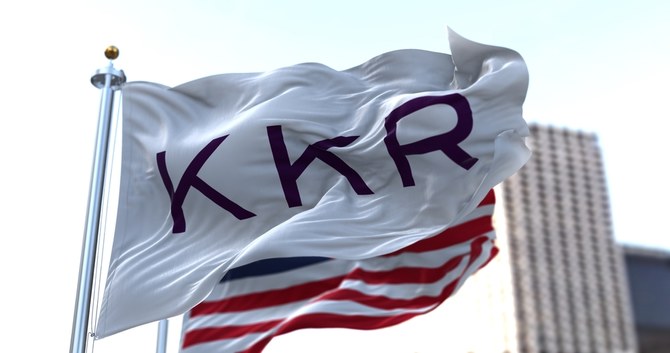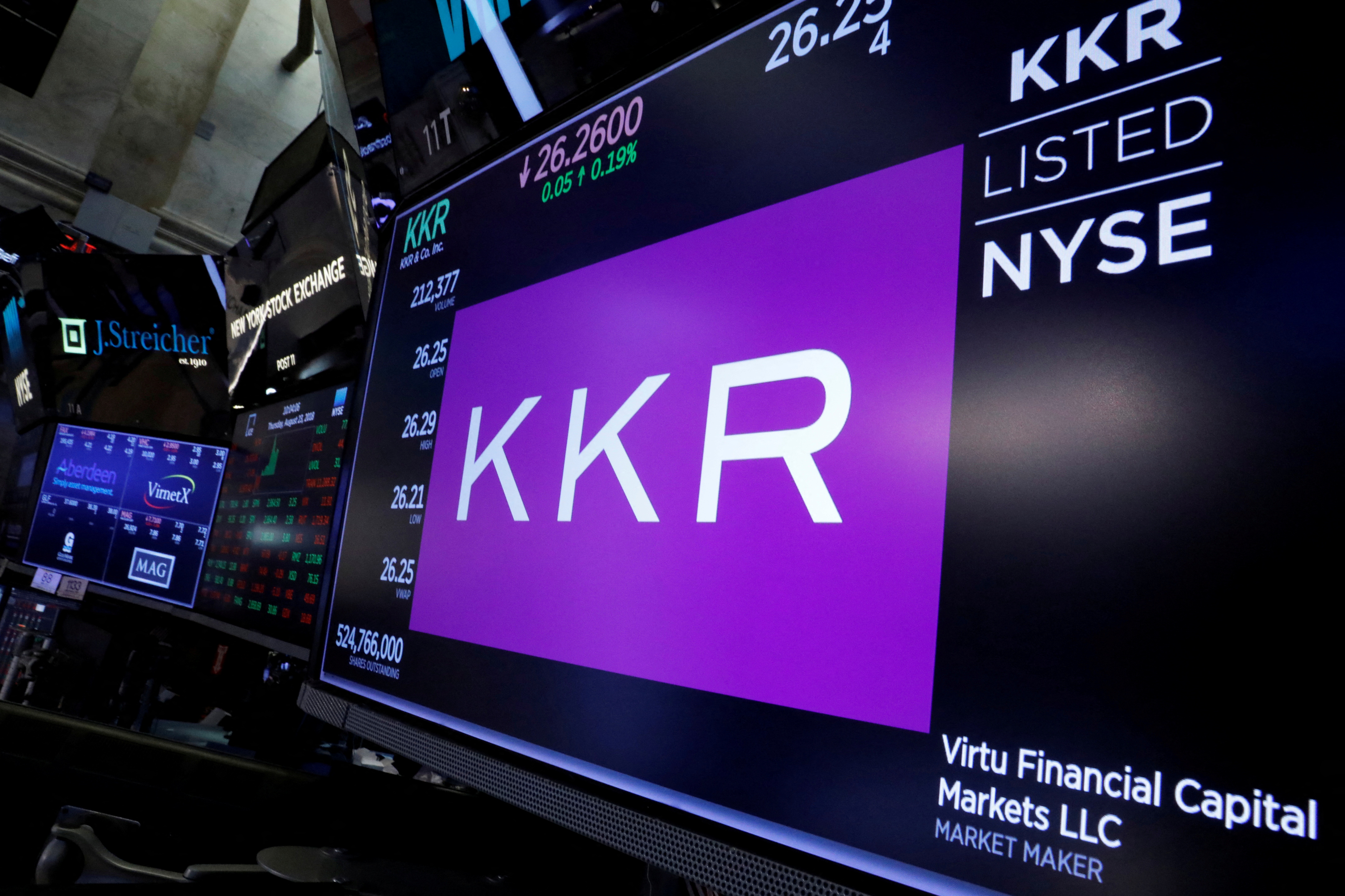
The small town of Arthur, Illinois, is an unlikely place to find the American Dream, but the employees of CHI. Overhead Doors are living proof that they can be found anywhere. Thanks to a surprising new owner, KKR, a private equity firm, 800 factory employees were given shares in the company in 2014. As co-owners, they voted in air conditioning, a new cafeteria, and an on-site health clinic – and, as of May 2021, they all got a life-changing payday.
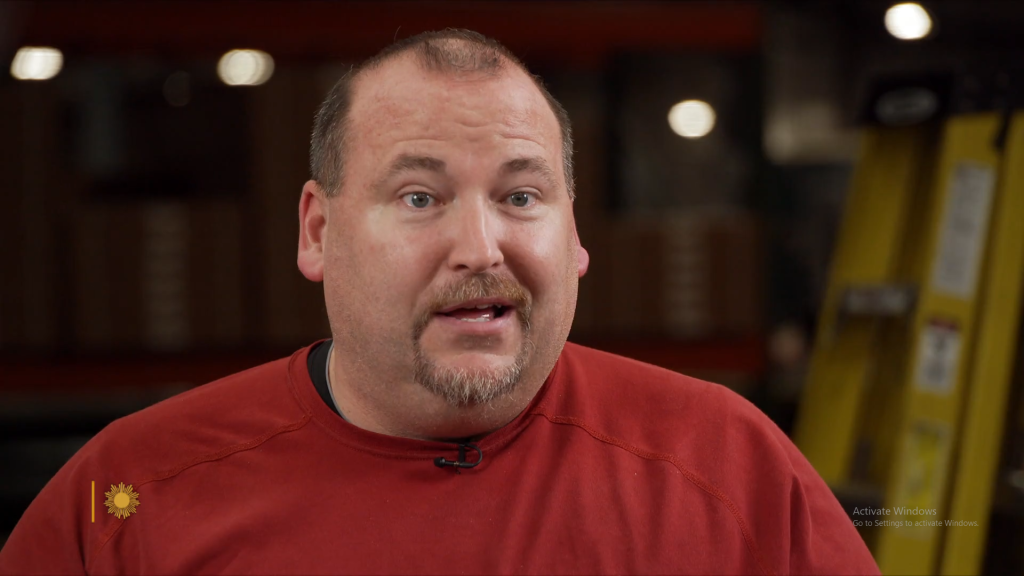
Production manager Jim Hill was one of the lucky recipients. “I’m just upfront, being all excited,” he said. “Oh my gosh, we’re talking life-changing money now!” He got two-and-a-half times his annual salary, while long-time employees got even more – some six-and-a-half times their salary.
Josh Ryan was another happy recipient, and he fulfilled his nine-year-old daughter’s wish to go to Disney. “You’ve never seen people grab their phone to get their calculator out so fast!” he laughed.
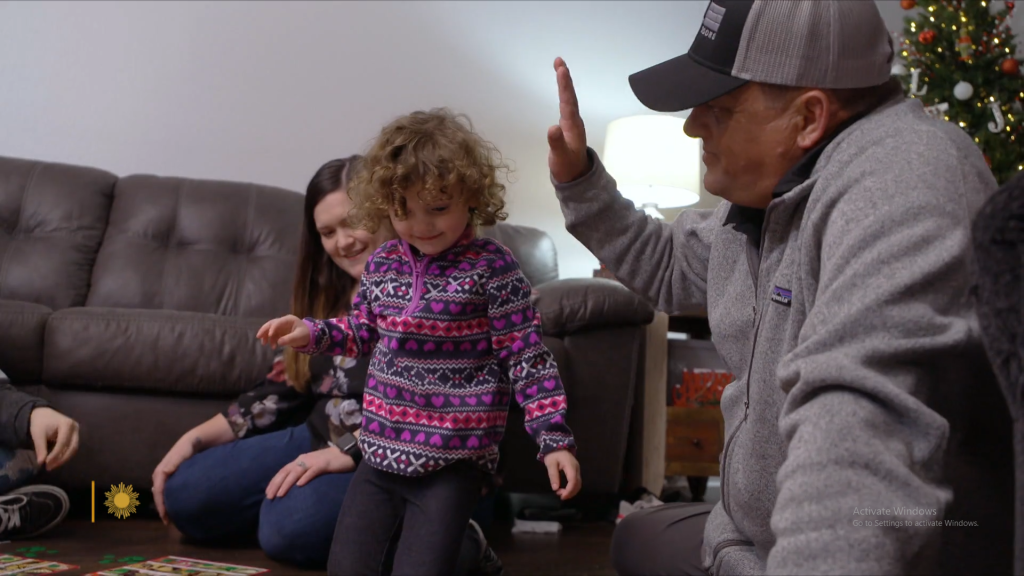
The payout for most workers wasn’t enough to retire, but it bought them some financial peace of mind. “My sweat equity paid off a hundredfold,” said Hill. “So, I can’t put that into words, just smiles.”
New private equity model

The success of CHI. Overhead Doors has inspired KKR partner Pete Stavros to create a new private equity model that gives every employee a small ownership stake and a voice. He believes incentivizing workers will help the bottom line, and he’s overseeing seven ownership payouts so far. His nonprofit, Ownership Works, is expanding this model across the industry – and it could mean billions in wealth for the almost 12 million Americans who work for private equity-owned companies.
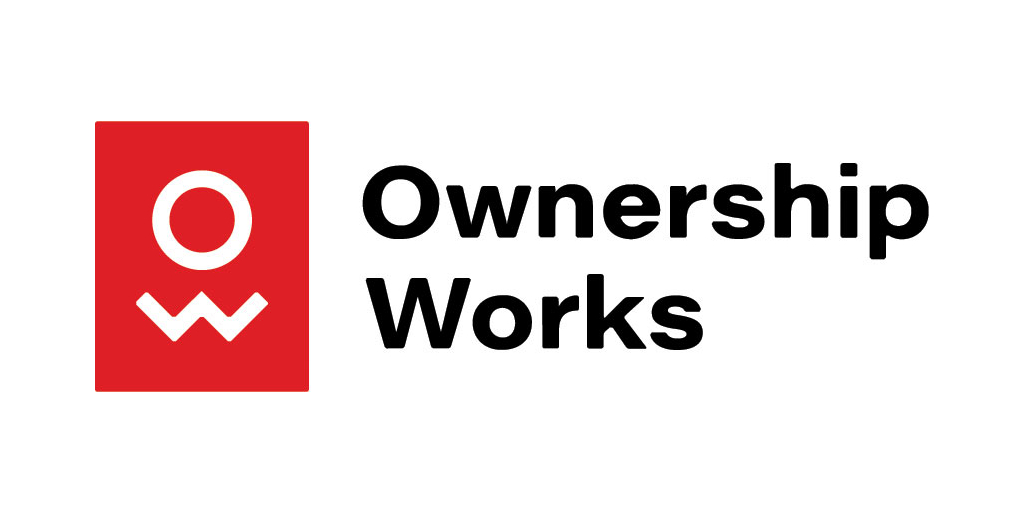
“I think it’s a superior way to operate a business in every respect,” said Stavros. “It is better for workers, it’s better for companies in corporate cultures, and in the end, it delivers better results.”
The model is being tested at Charter Next Generation, a plastics packaging company that KKR bought in 2021. CEO Kathy Bolhous believes that if employees understand how their day-to-day actions translate into long-term results, it could bring an additional ten million dollars in profit by cutting scrap waste by just 1%.
Capitalist’s opportunity
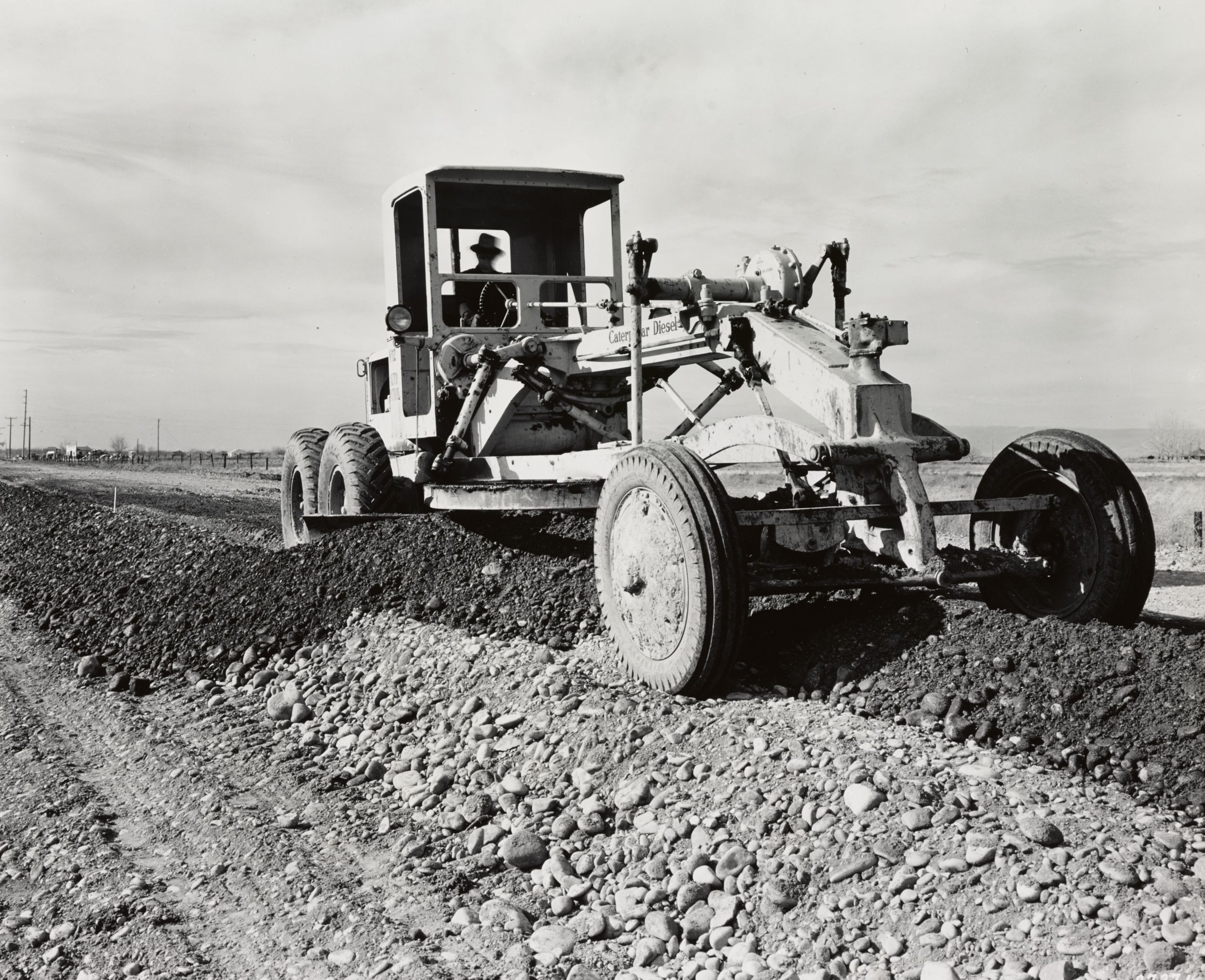
It’s a capitalist’s opportunity, one Stavros learned from watching his dad build roads for four decades. “If you’re an hourly worker, more hours means more pay,” he said. “But I think incentivizing workers will help the bottom line. They will be more engaged on the job and less likely to quit, leading to better performance for the company. So, productivity will go up.”
It’s a model of business that could chip away at the wealth gap, and it’s one that Arthur, Illinois, knows works. “I mean, I probably got more than my fair share,” said Marlow. “And the truth is, companies are bought and sold daily in the United States. And guys like me, and ladies like [my wife and her mom], don’t get any of the money.”
For the employees of CHI. Overhead Doors, the American Dream has been realized. Thanks to KKR’s new model, their sweat equity paid off a hundredfold – and it could be the same for countless others.





